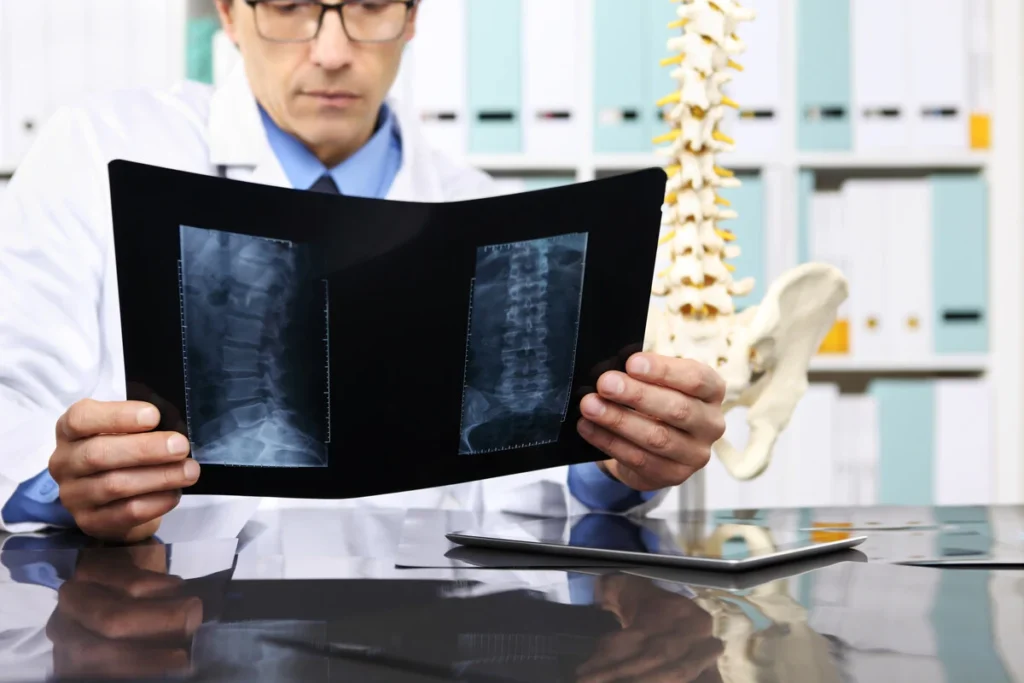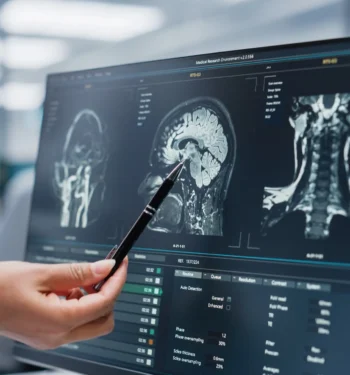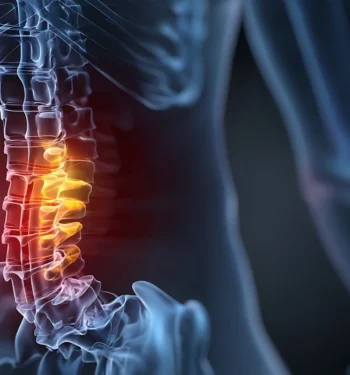
Understanding Spinal Stenosis and Its Impact
Spinal stenosis is a condition in which the spaces within the spine narrow, placing pressure on the spinal cord or nerves. This narrowing can lead to pain, tingling, or weakness that affects daily life in significant ways. Common spinal stenosis symptoms include leg or back pain, numbness, and difficulty walking. For many, these symptoms gradually worsen, prompting the need to seek help. While the journey may feel daunting, many people find resilience and recovery through expert care. If you’re searching for spinal stenosis treatment in Indiana, you’ll discover that compassionate, specialized care can make all the difference.
What Is the Best Doctor to Treat Spinal Stenosis?
When considering spinal stenosis treatment, it’s important to understand that no single doctor handles every aspect of care. A team approach often works best. Depending on your needs, you may see neurosurgeons, orthopedic spine surgeons, interventional pain management physicians, neurologists, and physical therapists. Specialty centers, such as Goodman Campbell, emphasize collaboration, ensuring that every patient benefits from the expertise of multiple specialists. For complex conditions, experience and advanced training are critical.
You may ask, “Who are the best spinal stenosis doctors near me?” or “Who is a spinal stenosis specialist near me that can help?” Learning about Goodman Campbell is a great place to start.
Is Spinal Stenosis Neurological or Orthopedic?
Spinal stenosis is both a neurological and an orthopedic condition. In spinal stenosis, neurological effects occur as nerves are compressed, while spinal stenosis’s orthopedic impact is on the actual structure of the spine. Because neurosurgeons have expertise in treating all aspects of spinal stenosis, patients are often best served by seeking care from a neurosurgeon for the most comprehensive evaluation and treatment. At Goodman Campbell, that treatment plan may include surgery, but it might also be limited to physical therapy or interventional pain management.
What Will a Neurologist Do for Spinal Stenosis?
A neurologist plays an important role in evaluating how spinal stenosis impacts your nervous system. They can carefully assess nerve function, examine reflexes, and may perform a variety of specialized tests to understand the extent and location of nerve compression. In many cases, neurologists also order diagnostic imaging, such as MRI or CT scans, or nerve conduction studies to pinpoint the specific causes of your spinal stenosis symptoms and determine which nerves are affected. Based on their findings, a neurologist can develop a tailored management plan and may refer you to a spine surgeon, physical therapist, or interventional pain management specialist for further treatment if necessary. For those wondering, “Who is a spinal stenosis specialist near me who can help with my symptoms?” a neurologist is often one of the first medical experts you might consult, as they provide a detailed understanding of your condition and guide you toward the most appropriate next steps in care.
What Is the Newest Treatment for Spinal Stenosis?
Specialty centers, such as Goodman Campbell, offer advanced, cutting-edge options in spinal stenosis treatment. Surgical innovations include anterior cervical decompression and fusion, artificial cervical disc replacement, posterior cervical decompression and fusion, and minimally invasive surgeries that shorten recovery times. Nonsurgical therapies have also advanced, providing new options for patients who may not need surgery. Every treatment plan is personalized, ensuring patients receive care best suited to their condition. Ask your doctor about Goodman Campbell’s advanced treatment options to learn which approach might be right for you.
How Do Interventional Pain Management Physicians Help With Spinal Stenosis?
Interventional pain management physicians are key members of the care team, particularly for patients seeking nonsurgical relief. These specialists use therapies like epidural steroid injections, nerve blocks, and physical therapy to manage pain and improve mobility. Their goal is to support patients throughout their recovery journey, often delaying or avoiding the need for surgery. If you’re exploring spinal stenosis treatment, these doctors can help create a tailored plan that addresses your symptoms and lifestyle. Talk to your doctor about the interventional pain management physicians at Goodman Campbell.
What Is the Success Rate of Surgery for Spinal Stenosis?
Many patients ask, “What is the success rate of surgery for spinal stenosis?” While outcomes vary, surgery can significantly improve pain and mobility for the right candidates. Factors such as overall health, the skill of the spinal stenosis surgeon, and the use of modern technology all influence success. Beyond numbers, it’s important to consider spinal stenosis outcomes from the patient’s perspective, including their relief from pain, restored independence, and renewed quality of life.
At Goodman Campbell, dedicated staff gather patient-reported data related to outcomes, recovery, and comfort. This robust quality database helps ensure recommended surgeries yield positive success rates for patients.
Take the First Step Toward Relief and Recovery
Spinal stenosis doesn’t have to define your life. With the guidance of a dedicated care team, you can find a path forward that restores hope and comfort. If you’re asking, “Who is a spinal stenosis specialist near me who can help?” or want to explore the latest spinal stenosis treatment, consider Goodman Campbell. Taking that first step toward specialized care can be the beginning of your journey to lasting relief and renewed health.


